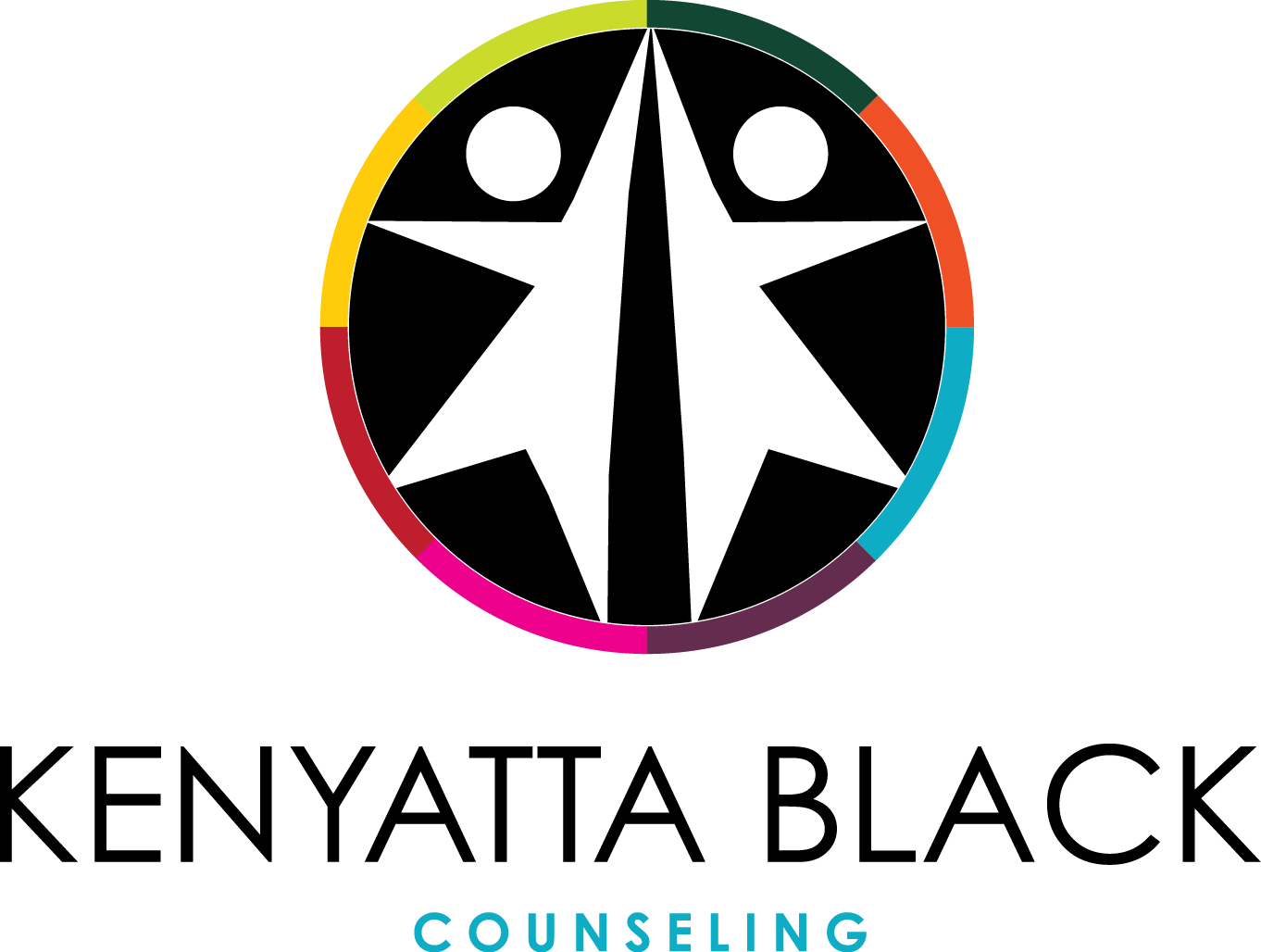
In today’s high-stress world, panic attacks are becoming increasingly common—and yet, many people still don’t fully understand what they are or how to respond when one occurs. At Kenyatta Black Counseling, we believe education and awareness are essential for managing mental health challenges effectively. This guide is designed to help you recognize, respond to, and reduce panic attacks—now and in the future.
What Is a Panic Attack? A panic attack is a sudden surge of overwhelming fear or anxiety. It can come without warning and often includes intense physical and emotional symptoms. These may include:
Shaking or trembling
Nausea
Chest tightness or irregular heartbeats
Dizziness or disorientation
Sweating or chills
Shortness of breath or a dry mouth
What To Do During a Panic Attack Understanding how to respond in the moment is key to regaining control. Here are proven techniques to help:
1. Breathe Deeply
Focus on taking slow, deep breaths. Inhale through your nose for four counts, hold for four, and exhale through your mouth for four. This helps regulate your heart rate and eases chest tightness.
2. Remind Yourself: “This Will Pass”
Most panic attacks peak within 10 minutes. Repeating calming affirmations can ground you. Tell yourself, “This is temporary. I’ve felt this before, and I can get through it.”
3. Use Soothing Scents
Aromatherapy can help calm the nervous system. Carry a lavender-scented cloth or essential oil to smell when anxiety begins to rise.
4. Walk or Move Gently
Physical movement can release endorphins, improving your mood and helping you disconnect from a triggering environment. Even a short walk can help shift your focus.
Why Do Panic Attacks Happen? Triggers vary from person to person. Panic attacks may be linked to chronic stress, trauma, phobias, or unprocessed emotions. Keeping a mental health journal can help you recognize your personal triggers and begin the journey toward healing.
When to Seek Help If panic attacks become frequent or interfere with your daily life, professional support is essential. Therapy can help you understand underlying causes, learn healthy coping mechanisms, and reduce the intensity and frequency of attacks over time.
At Kenyatta Black Counseling, we provide compassionate, culturally informed care for individuals navigating anxiety and panic. We also offer reduced rates with our graduate professionals and flexible scheduling, including evenings and weekends.
Mental wellness isn’t just about surviving—it’s about thriving. Let’s get you back in control.
